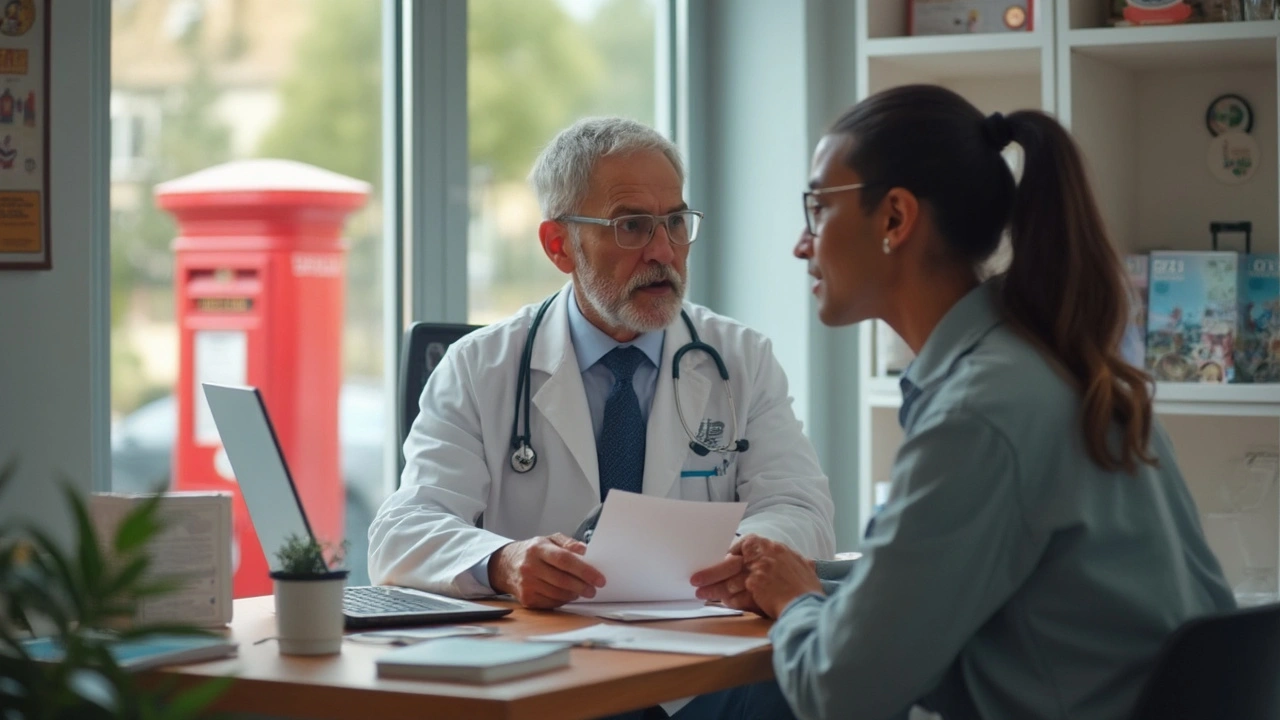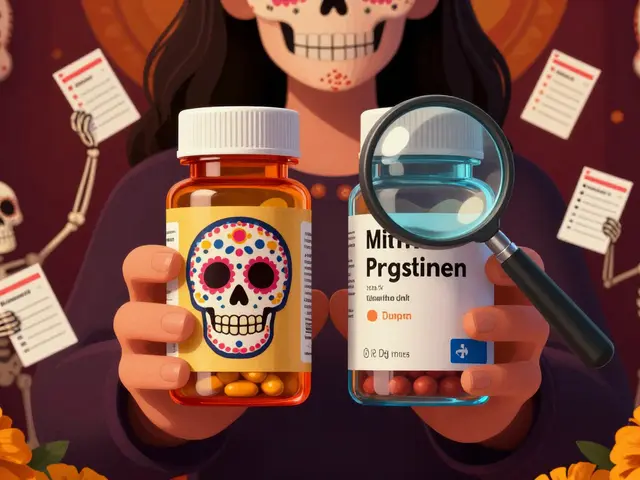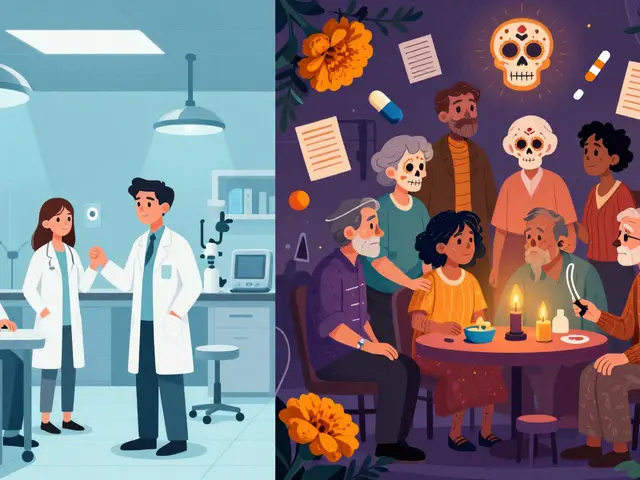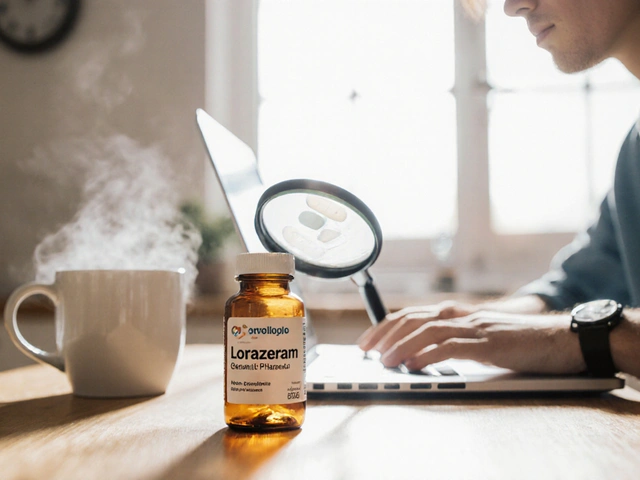Side effects: What to watch for with medicines and supplements
Side effects cause more emergency visits than many people expect. When you start a new drug, the goal isn't to scare you—it's to help you spot problems fast so you can act. Knowing which reactions are normal, which are dangerous, and what to do next keeps you safer and cuts down on surprise trips to urgent care.
Common side effects are often predictable: headaches, nausea, dizziness, sleep changes, or mild stomach upset. These usually show up within days and fade as your body adjusts. If a symptom is mild and you feel otherwise fine, your doctor may recommend waiting a few days. Keep a simple log: note the medicine, dose, time, and any new symptom. That small habit makes follow-up faster and smarter.
Serious side effects need quick attention. Watch for high fever, swelling of the face or throat, breathing trouble, severe rashes, fainting, or sudden chest pain. Those are red flags. If they appear, stop the medicine and seek emergency help. For many antibiotics, blood thinners, and heart drugs, serious reactions can be swift—don’t wait it out.
How to tell if a side effect is from the drug or something else
Timing matters. If symptoms begin soon after you start a drug or after a dose increase, the medication is a likely cause. Compare new symptoms to known side effects listed on the leaflet or reliable sources. Consider other factors too: new foods, supplements, or health changes. When in doubt, call your pharmacist or prescriber and describe exactly when symptoms started and how they developed.
Ways to reduce side effects and stay safe
There are simple moves that help. Take medications with food if the label allows to cut stomach upset. Split doses when advised to ease dizziness or sleep changes. Avoid mixing alcohol with sedatives or certain pain meds. Review interactions—some supplements like St. John’s wort and grapefruit juice alter drug levels. Use one pharmacy so your pharmacist can spot interactions. If a medicine causes side effects that hurt your daily life, ask about alternatives; many posts on this site compare safer options and cheaper substitutes that may work better for you.
Document allergies and past reactions in your phone and share them with every provider. Keep emergency contacts and an up-to-date list of all medications, including over-the-counter drugs and supplements. Finally, don't ignore mental health changes. Some medications affect mood and sleep; if yourself or a loved one notices new anxiety, aggression, or suicidal thoughts, contact a clinician right away.
Side effects are common, but most are manageable. With a little attention, clear notes, and quick action when needed, you can use medications safely and with confidence. Browse our posts tagged “side effects” for drug-specific risks, alternatives, and real-world tips from pharmacists and clinicians.
If you're worried about a specific drug, search this tag for posts on Ventolin, Vancomycin, Isotretinoin, antibiotics, and sexual health meds. Each article explains side effects, alternatives, and safety tips.
Ask questions anytime.

Learn how topiramate can increase kidney stone risk, recognize symptoms, and adopt hydration, diet, and monitoring strategies to prevent and manage stones effectively.
Chris Gore Oct 25, 2025
Learn what Co‑Amoxiclav is, the infections it treats, proper dosing, common side effects, and FAQs. A practical guide for anyone prescribed this antibiotic.
Chris Gore Sep 21, 2025
Premarin is a well-known hormone replacement therapy used to manage menopause symptoms. This article explores how Premarin works, who can benefit from it, common side effects, and non-hormonal alternatives available today. You'll find practical advice, fascinating facts, and tips for talking to your doctor about hormone medicines. Learn what recent studies and real patients have experienced with Premarin and HRT.
Chris Gore Jun 13, 2025
Curious about Zithromax and what it does? This article dives into how azithromycin works, what illnesses it treats, potential side effects, tips for safe use, and the truth about antibiotic resistance. Ideal if you're looking for straight-up info and real-world advice about Zithromax.
Chris Gore May 26, 2025




